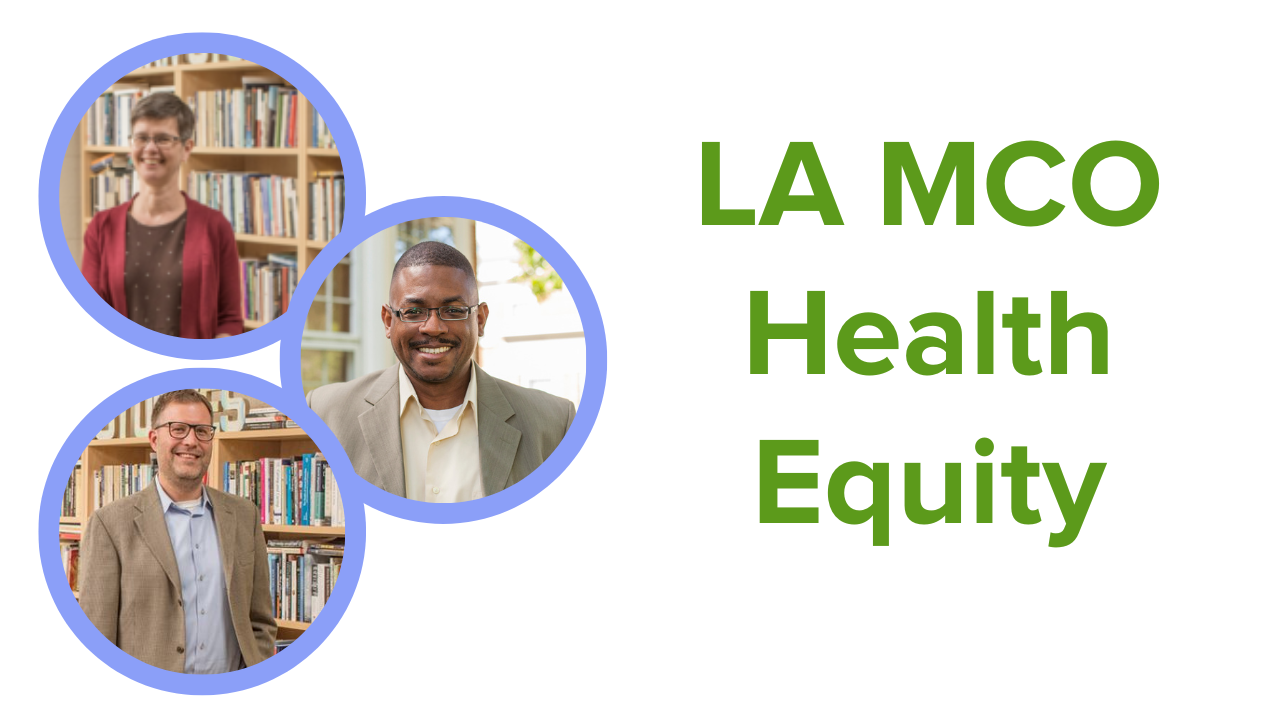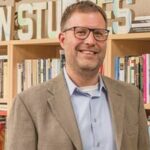
Change: From Learning About Equity to Building Equity
Information
Recorded
-
-
Learning Objectives
Participants will be able to:
-
Explain the difference between knowledge and praxis.
-
Describe four different versions of power accessible to health care providers.
-
List three examples of health care providers creating policy change.
Educational Goal
The educational goal of this workshop is for participants to gain a better understanding of changes that can be made to shift health equity from curriculum to healthcare practice.
Description
The concept of health disparities is not new. Since at least the 16th century, politicians, ‘scientists’, and colonial authorities have explored divergences in the health of different indigenous, colonial, and often slave populations. Early medical journals in the United States were filled with descriptions of the poor health of African slaves. Yet, it was only in the past several decades that this long-known reality has been transformed into a ‘problem’ for our major health care, political, scientific, and philanthropic institutions. Yet, knowledge about health inequality and the social determinants of health, by itself, does nothing to build durable health equity infrastructure. This talk will explore mechanisms of change that can begin to shift health equity from curriculum to healthcare practice.
Target Audience
- Counselor
- Marriage & Family Therapist
- Psychologist
- Social Worker
- Substance Use Disorder Professionals
Presenters

Dr. Peter Hossler joined the Urban Studies Program as assistant professor in the Fall of 2013. Dr. Hossler has a Ph.D. in geography from the University of Georgia. Prior to his arrival at Rhodes College he was a research associate in urban political economy in the School of Geographical & Earth Sciences at the University of Glasgow. Dr. Hossler’s research interests has focused on the development of health equity infrastructure for low-income communities with a focus on primary care and SUD/OUD treatment and recovery services. His most recent publications include an exploration of the impact of philanthropic foundations on the critical community resources in Memphis, TN. Additionally, he is the project director on three federal grants, two of which aim to increase the availability of evidence-based approaches to reducing the harmful impacts of risky substance use (RCORP Planning Grant; RCORP Implementation Grant). The third seeks to better understand Covid-19 vaccine hesitancy and improve vaccination rates in under vaccinated communities across the Memphis metropolitan area. Additionally, he is Co-Founder and Director of the Wellness and Stress Clinic of Memphis, a free primary care clinic in the Oakhaven community of Memphis,TN
Financially Sponsored By
- Humana Healthy Horizons in Louisiana
- Louisiana Healthcare Connections
- UnitedHealthcare Community Plan- Louisiana